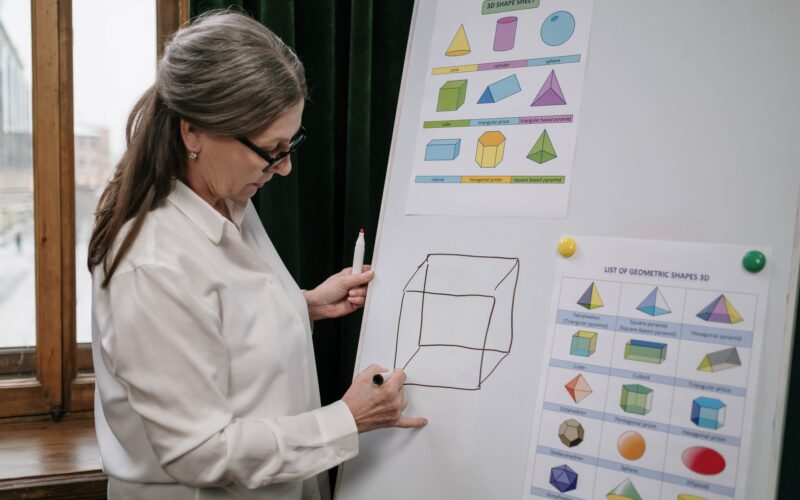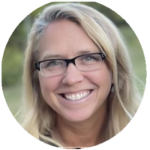Math Teachers vs. Teachers of Math

by Melissa D. Williams
Being able to do math is very different from being able to teach math: to understand the concepts that one is teaching, the real-world application of these concepts, and the variety of ways to approach the concept to make it relevant to the learner.
I think we need to explore some alternate models for our GED® instruction when it comes to math. When we look at our highly qualified, excellent teachers; we should understand that they do not come neatly packaged with the aptitude to teach all four subjects with equal levels of effectiveness or confidence. I have heard testimonies from teachers who know their limitations and feel inadequate in serving their students when it comes to upper-level math content on the GED® test. They advocate for assistance, video lessons, resources, help, etc.
We need to be listening.
Not everyone can teach math. It’s just the truth. Being able to do math is very different from being able to teach math: to understand the concepts that one is teaching, the real-world application of these concepts, and the variety of ways to approach the concept to make it relevant to the learner.
Inadequate teachers of math exist at all levels of education, doing various levels of detriment to their students because they just don’t know how to unpack the concept to make it make sense! I believe this systemic issue is a huge part of why so many people say they “can’t do math” or they are “bad at math”. I really don’t believe it. I think the system has failed them. At some point in their academic career something didn’t make sense. Maybe it was fractions; place value; the meaning of multiplication or division; how percent, fractions or decimals are related; or why the heck you would use a letter!? When a student loses the connection to why this concept makes sense in their world, they will likely lose interest in learning it. Effective math teachers know this to be true because they spend a year/semester trying to overturn these negative opinions as they teach their own content. As adult education teachers, we are faced with the greatest obstacle to learning and to being successful in math as an adult—the task of repairing decades of frustration, failure, and fear (where these opinions have become convictions).
How can we design program models to maximize the expertise of the instructors that we employ? Some ideas our program is actively trying include GED® math boot camps and math ONLY classes. Some ideas that we are considering include upper-level math professional development for teachers, two teachers per class/cohort that divide content, and using asynchronous learning videos with a facilitator for math. If you have great ideas, let me know! MWilliams@laurelridge.edu
 Melissa D. Williams currently serves as the Regional Program Specialist for Laurel Ridge Community College Adult Education Program, Region 7. She has more than 20 years of experience in education and has taught elementary and middle school students as well as adults. Melissa taught 7th grade math while also serving as Math Lead Teacher at Peter Muhlenburg Middle School in Woodstock, Virginia before taking on the role of Regional Specialist. Melissa is currently focused on supporting and broadening the professional development opportunities for her adult education instructors. She truly believes in the value of lifelong learning and feels blessed to be in a position to help learners and fellow educators.
Melissa D. Williams currently serves as the Regional Program Specialist for Laurel Ridge Community College Adult Education Program, Region 7. She has more than 20 years of experience in education and has taught elementary and middle school students as well as adults. Melissa taught 7th grade math while also serving as Math Lead Teacher at Peter Muhlenburg Middle School in Woodstock, Virginia before taking on the role of Regional Specialist. Melissa is currently focused on supporting and broadening the professional development opportunities for her adult education instructors. She truly believes in the value of lifelong learning and feels blessed to be in a position to help learners and fellow educators.